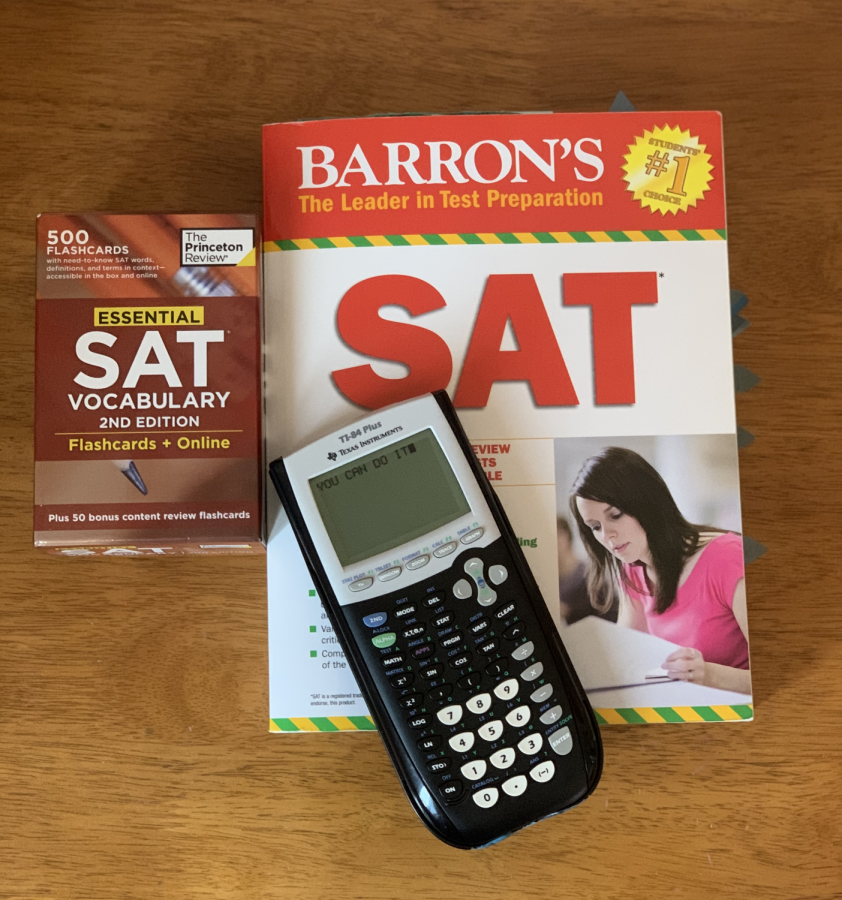Senior advice for SAT
March 11, 2021
Without a doubt, most people will agree that this school year has been challenging enough. With trying to navigate zoom, troubleshooting with technology, remembering the ever changing schedules, and attempting to still do extracurricular activities, there never seems to be enough time in the day. However, juniors this year have one more thing to their already full plate: the SAT.
The SAT, or Scholastic Aptitude Test, is a standardized test typically administered to juniors during the spring of their second semester. This year, it will be administered on April 13 at Huntley High School.
Since this is such an unprecedented time, many juniors may feel a great amount of stress surrounding this test. How will I sit in a room for hours at a time with a mask on? Will I get any breaks? Will I be socially distanced from the person sitting next to me? How much is this going to impact my future? Do colleges really take into account my score? Will I still get into my dream school with this score?
First, juniors, take a deep breath. Although it seems like you have prepared your entire high school career for the one test, it is not that big of a deal.
One way to really gauge how to approach the SAT is by asking this year’s seniors, who took their SAT this past fall.
“Don’t stress it. Take it seriously, but don’t overwork yourself just to try and get a perfect score,” senior Kaitlyn Ignarksi said. “The stress is mostly from the teachers, but [juniors] should just do their best.”
Most colleges nowadays are very understanding that standardized testing scores may not be that high this year. They have factored in that many students are facing new, and often stressful changes in their lives, which may impact their scores. In fact, most, if not all colleges are getting rid of their testing scores requirements for admission.
“I felt more prepared because I took AP Lang, but it was very straightforward. They give you passages to read, then a question about the passage that you write about. Nothing too fancy,” senior Caitlin Walker said.
The reading and language sections are set up both very similar to this, with the reading section being timed to 65 minutes and 52 multiple choice questions, and the language clocking at 35 minutes with 44 questions.
The math section holds 20 non-calculator questions and 38 calculator questions, with 58 questions in total. It is timed at 80 minutes in total, with 25 minutes for the non-calculator section, and 55 minutes for the calculator section. Similarly, the essay, which is optional, is 50 minutes long.
“You should make sure that your calculator has a good scale for graphing. I remember something went wrong with mine, and I couldn’t graph anything” Walker said.
So juniors, with that advice in mind, take a deep breath, relax, and don’t forget to charge that calculator.



